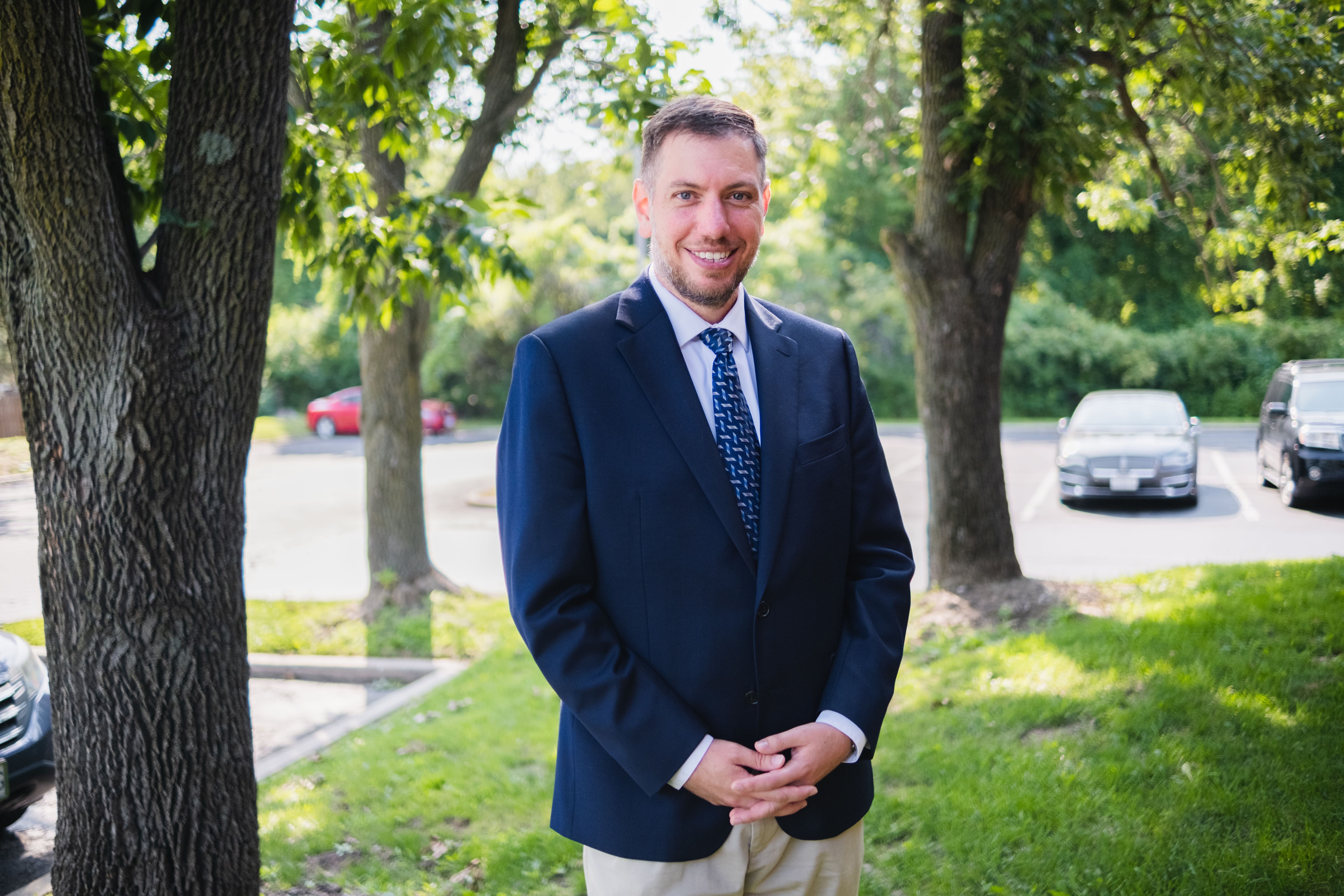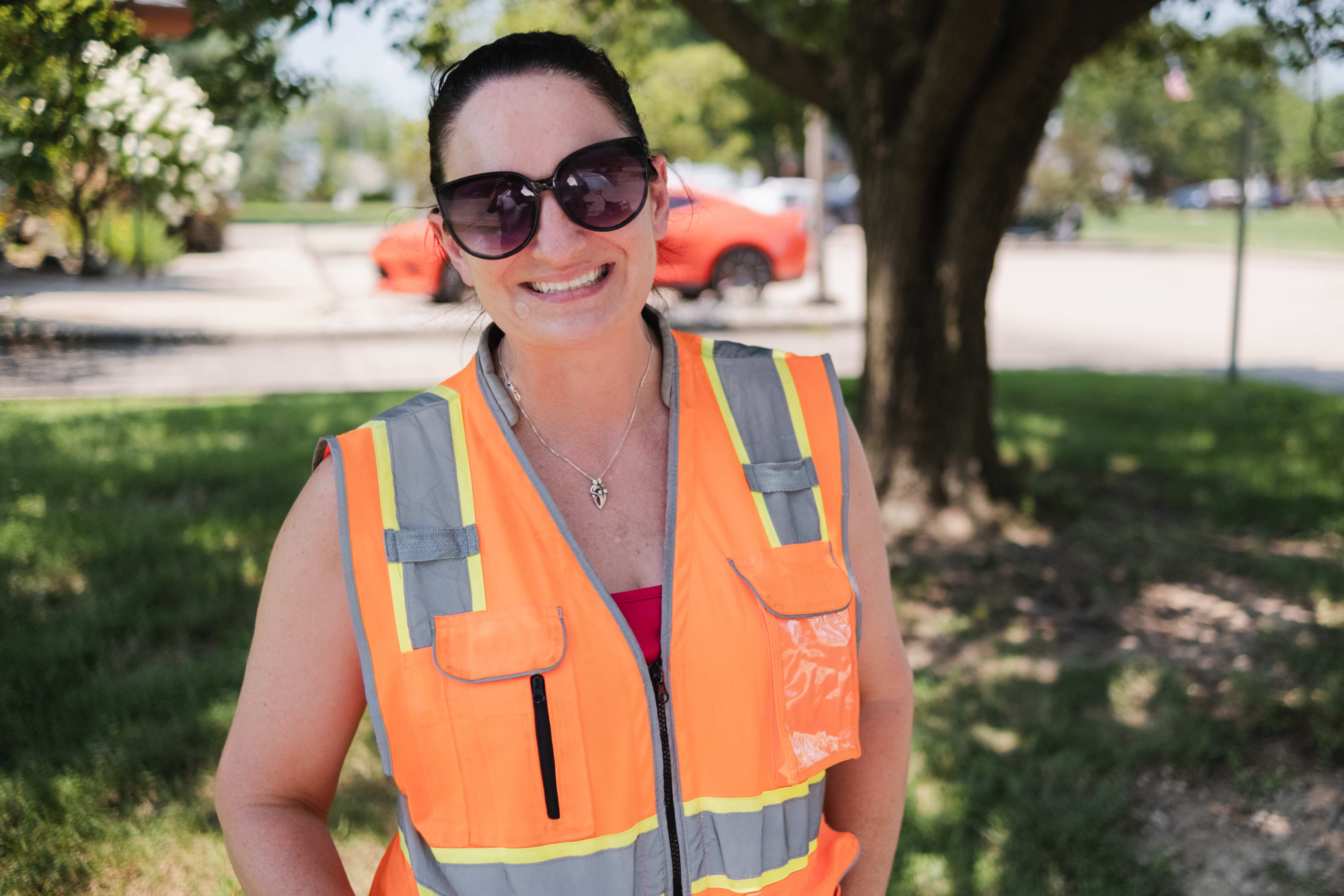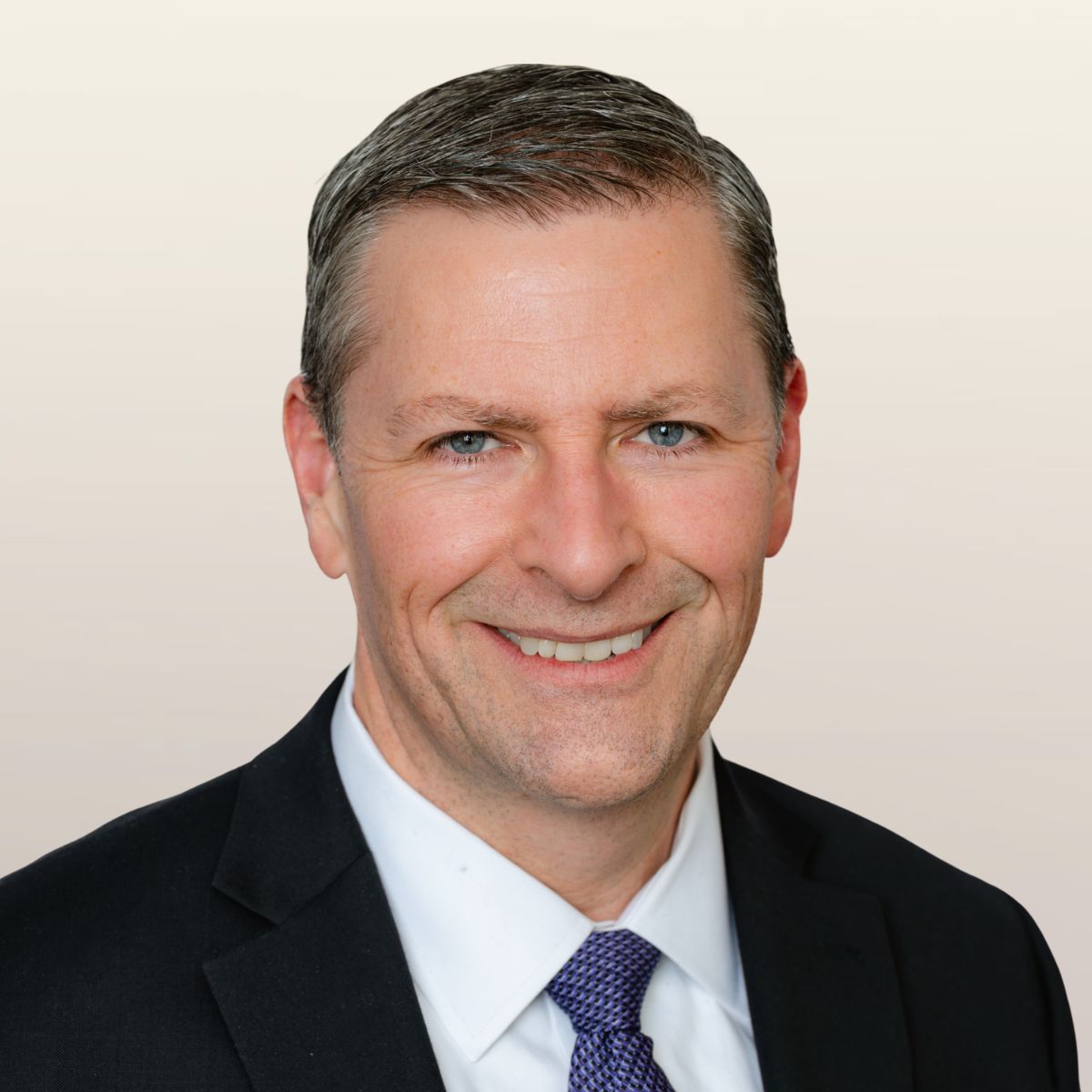An Uphill Battle
The fight to restore pro-life speech in Coalition Life v. City of Carbondale reinvigorates the battle to overturn bad precedent

This article originally appeared in the Thomas More Society 2024 Impact Report. To explore the full Impact Report, click here.
Four minutes on a Saturday morning in 2024. That’s how long it took for the city council in Carbondale, Illinois, to repeal its “no-speech zone” ordinance in a dimly lit City Hall basement, sensing the unintended consequences of a looming U.S. Supreme Court petition in Coalition Life v. Carbondale.
This case, brought by Thomas More Society on behalf of Coalition Life— the largest professional sidewalk counseling organization in the nation—challenged a January 2023 ordinance that created a 100-foot no-speech zone around the city’s abortion facilities, which had forbade pro-life advocates within that radius from approaching within eight feet of an abortion-bound woman for “the purpose of passing a leaflet or handbill to… or engaging in oral protest, education, or counseling.”
The ordinance silenced voices like those of Sarah Richardson, SoJourner Wade-Clark Sine, and Brandon Hamman, whose compassionate outreach faced legal barriers just as Carbondale was poised to become the Midwest’s abortion capital. While the repeal marked a small victory for Coalition Life’s sidewalk counselors in Carbondale, the city’s furtive repeal exposed a larger strategy to keep the abortion lobby’s censorial regime on life support and delay constitutional scrutiny at the highest level.
STIFLING LIFE-SAVING SPEECH
Carbondale, a small college town at the southern tip of rural Illinois, moved to become the Midwest’s abortion capital after 2022’s overturn of Roe v. Wade, opening three abortion facilities to draw women from states with pro-life laws. In the midst of this, Carbondale decided to put in place a no-speech zone to silence pro-life speech and sidewalk counseling efforts that were already bearing fruit in the town.
“Recognizing the broader implications of this local policy, Thomas More Society took immediate action, leading the charge in filing a federal lawsuit against Carbondale’s ordinance,” recalled Brian Westbrook, Founder and Executive Director of Coalition Life. The no-speech zone, modeled after a similar law upheld in Hill v. Colorado (2000), was a blatant attempt to shield these abortion businesses by targeting pro-life speech—an unconstitutional strategy multiplying across the country after the Dobbs decision.
SoJourner, a seasoned Coalition Life sidewalk counselor in Carbondale, noted that the abortion industry feels threatened by sidewalk counseling because it is so effective at helping women choose life for their babies “Abortion clinics don’t like [women] talking to us,” she said. “They know what we’re saying is true, but death is their business.”
“My first turnaround was a huge highlight. A lady that very briefly spoke to me, when she came back, she was crying and said she had changed her mind,” recalled Meghann Buehner, another Coalition Life sidewalk counselor in Carbondale. “She kept saying ‘I’m too old for this.’ Turns out, we’re the exact same age. She invited me to talk to her and we had a very long conversation.”
“We cried together. We hugged. We prayed,” Meghann remembered. “What makes the biggest difference is having that human connection… When we are restricted with that ‘bubble zone,’ we’re not always able to make those connections.” Meghann’s encounter saved a life, but Carbondale’s no-speech zone was intended to prevent exactly such an initial, humane connection that opened the door to a life-saving conversation. The no-speech zone threatened to turn such moments into missed opportunities.

‘ABDICATION OF OUR DUTY’
In July 2024, Thomas More Society attorneys asked the U.S. Supreme Court to take up the case, arguing that the no-speech ordinance violated First Amendment rights on public sidewalks outside of abortion facilities—where such speech is needed most and is especially relevant. The Coalition Life case sought to overturn Hill v. Colorado, a decision criticized ever since the Supreme Court handed it down in 2000. In the years that followed the decision, Hill’s reasoning had been “eroded by subsequent First Amendment cases,” creating a chance to restore clarity.
That’s when, on the eve of the filing deadline at the Supreme Court, Carbondale decided to ditch its no-speech zone and repealed it in an emergency, four-minute-long weekend meeting. By repealing the city law, Carbondale’s leaders under pressure from the national abortion lobby, took one for the team—that is, sought to forestall a Supreme Court challenge to Hill, keeping the precedent on the books.
This is not the first time such a maneuver has been used to avoid accountability in the face of a looming Supreme Court challenge. In 2023, another sidewalk counselor in Westchester County, New York, had asked the Supreme Court to overturn Hill in a challenge to a no-speech zone nearly identical to Carbondale’s. But soon after the Supreme Court challenge was filed, Westchester County repealed its bubble zone law. Westchester’s legal gamesmanship was rewarded, and the high Court ultimately declined to hear that case.
Thus, in February 2025, the Supreme Court declined to hear Coalition Life, with Justices Samuel Alito and Clarence Thomas noting that they would have granted the appeal. Once is happenstance; twice is a pattern. If this pattern continues, it will lead to an unsustainable cycle of “Whack-a-Mole” legal challenges as local governments repeal their dubiously constitutional no-speech zones anytime they may reach the Supreme Court—shielding one of the abortion industry’s favorite legal tools from fatal scrutiny.
Justice Thomas, seeing the issue for what it truly is, wrote in fiery dissent to the Court’s decision. “Hill has been seriously undermined, if not completely eroded, and our refusal to provide clarity is an abdication of our judicial duty,” Thomas wrote in dissent. “I would have taken this opportunity to explicitly overrule Hill. For now, we leave lower courts to sort out what, if anything, is left of Hill’s reasoning, all while constitutional rights hang in the balance.”
Looking back on the 2000 decision, Thomas noted, “It was clear at the time that Hill’s reasoning ‘contradict[ed] more than a half century of well-established First Amendment principles’… A number of us have since described the decision as an ‘absurd,’ ‘defunct,’ ‘erroneous,’ and ‘long-discredited’ ‘aberration’ from the rest of our First Amendment jurisprudence.” Thomas’ dissent provides a treasure trove of judicial language, arming future challenges to Hill with powerful citations.
FIGHTING A ‘ZOMBIE PRECEDENT’
Sidewalks remain the last line of defense for abortion-minded mothers. Contrary to the caricature crafted by pro-abortion ideologues, counselors like Meghann, SoJourner, and Brandon offer free resources, compassionate support, and a listening ear. “If [the no-speech zone] is repealed and stays repealed… it’s going to make our ability to actually share our point of view and share our free speech with people a whole lot easier,” said Brandon, the group’s local leader in Carbondale.
Though Coalition Life v. Carbondale did not overturn Hill, it exposed the fragility of no-speech laws and Hill as a true “zombie precedent.” Thomas More Society continues to litigate against the stubborn legacy of Hill, fighting no-speech zones nationwide—from Florida to California, ensuring pro-life sidewalk counselors can speak and women can hear life-affirming messages. Most recently, Thomas More Society attorneys filed in June 2025 an appeal in the Ninth Circuit on behalf of San Diego sidewalk counselor Roger Lopez against his city’s no-speech zone law. This trailblazing appeal builds off of Justice Thomas’ dissent in Coalition Life, arguing that lower courts should recognize what Thomas gestured towards: Hill is a zombie precedent that should be relegated to the trash heap of history by courts across the country.
Meanwhile, as the fight for pro-life speech continues nationwide, Coalition Life’s sidewalk counselors in Carbondale continue their life-saving work, encouraged by their local victory and free of the restrictions that Carbondale’s no-speech law placed on their ministry and message.






